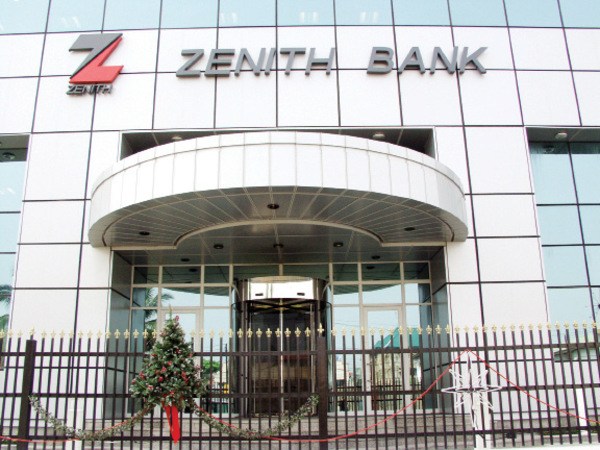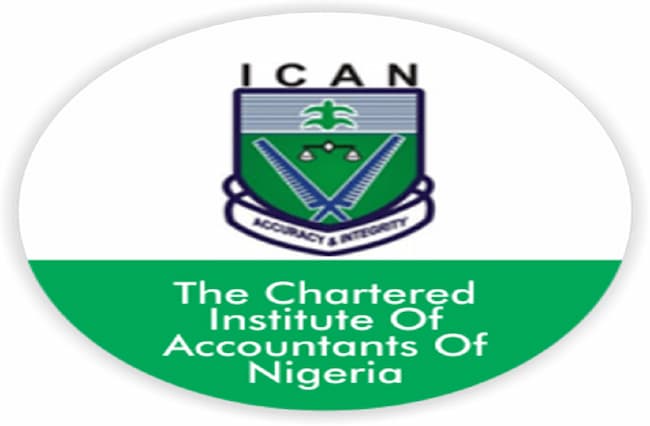Fitch Ratings has affirmed Zenith Bank Plc’s Long-Term Issuer Default Rating (IDR) at ‘B+’ with negative outlook. Also, the lender’s Viability Rating (VR) was affirmed at ‘b+’ and its Support Rating at ‘5’.
According to Fitch, Zenith Bank’s IDRs are driven by its standalone creditworthiness, defined by the VR. The VR is constrained by Nigeria’s sovereign rating and the Negative Outlook on the Long-Term IDR mirrors the Outlook on Nigeria’s sovereign rating (B+/Negative).
Zenith’s VR is the highest assigned by Fitch to a Nigerian bank. This reflects the bank’s established franchise in Nigeria where it controls an overall markets share of around 16%. The franchise is particularly strong in the corporate segment. Loss-absorption capacity is strong relative to peers and management has demonstrated its ability to deliver a good performance through volatile operating cycles.
Fitch views Zenith’s management team positively. Decision-making is well spread across a broad number of executives to minimise reliance on individuals. Achieving targets in a volatile operating environment can be difficult but Zenith’s execution is strong relative to peers. The bank’s strategy is primarily to continue to service leading corporate clients.
The loan book represents around 45% of assets, which is lower than international banks, but in line with the average for large Nigerian banks. Zenith’s underwriting standards and risk controls compare favorably with the average for rated peers.
Impaired loans are low as a percentage of gross loans (around 4%) and reserve coverage is above 100%. Lending to the oil and gas sector represents around 30% of total loans, average for the sector, and the top 20 loans represent around one-quarter of total loans, which is lower than average comparative figures reported by large Nigerian banks (around 40%).
The bank’s performance metrics compare favourably with peers. Margins are narrower, reflecting the corporate focus, but loan impairment charges also tend to be lower, as could be expected given the more resilient nature of the bank’s clients.
Cost control has been reasonable considering high inflation in Nigeria. In 2018, we expect profitability to decline for many Nigerian banks, reflecting weak loan growth, lower Treasury Bill issuance and falling yields on these government securities. IFRS-9 will also result in a rise in loan impairment charges, although this is likely to be containable at Zenith.
Zenith’s capital adequacy ratios are among the strongest in Nigeria and leverage ratios are stable. The bank’s relative capital strengths are a positive ratings differentiator.
Deposits from corporate customers represented 57% of consolidated deposits at end-September 2017, but these tend to be stable.
Zenith issued a five-year USD500 million senior bond in the international capital markets in June 2017. Zenith’s ability to access international market funding, even in times of stress for Nigeria’s economy, is credit positive in our view, providing the bank with funding diversification and access to longer-term finance.
Zenith’s foreign currency (FC) liquidity position shows no apparent signs of stress over a 12-month horizon. The bank holds a sizeable FC liquid asset buffer and its ability to continue to honour FC obligations even during recent periods of extreme FC stress in the Nigerian banking sector demonstrates Zenith’s close attention to the management of its FC liquidity position.
The Long-Term National Rating has been affirmed at ‘AA-(nga)’. National Ratings reflect Zenith’s creditworthiness relative to the country’s best credit and to peers operating in Nigeria.













